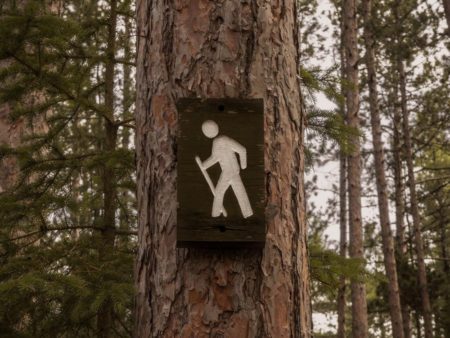Over the past few months, we have described a series of historical “mileposts” marking our journey as a missionary community through the years. This month takes us to Bible camp along the shores of Lake Independence, just west of the Twin Cities, on a warm Friday afternoon in August, 1937.
A lively prayer movement preceded the events of that afternoon – a movement birthed on the campus of the Lutheran Bible Institute of Minneapolis in 1932. Faculty, students, local pastors and friends met week-by-week for prayer, gripped by a deep sense of caring for the world’s unreached and a deep sense of commitment to reaching them. A vision for the spiritual needs of Latin America gripped them, in particular.

The group prayed with faith and fervor. They studied mission history, pored over maps, read missionary biographies and contemporary reports “from the field.” Eventually they organized, too. They came to call themselves the South American Mission Prayer League (SAMPL). In the spring of 1937, they appointed their first Board of Directors. And on August 6, while gathered at Bible camp, the Board received its first missionaries – none other than Ernest Weinhardt and John Carlsen, our pioneers.
There is certainly a time to pray: SAMPL had been praying for half a decade. There is also a time for additional obedience. Weinhardt and Carlsen understood themselves implicated, personally, in the answer to their praying. They felt themselves called – and now volunteered as the Prayer League’s first missionaries. Evald Conrad, recently appointed chairman of the board, compared the development to the setting aside of Paul and Barnabas.
In a classic sermon from 1972, Paul Lindell explained the events.
“God calls and sends people who first of all come to understand something of God’s redemptive purposes, his missionary purpose in this world. They come to see the people of this world as Jesus saw them and they see his desire to reach out and call them in. And then, somehow, they hear the Lord Jesus say to them, ‘Now you come and I will send you….’
“This is what happens also,” Lindell went on, “whenever [we experience] the words of Jesus when he says, ‘The harvest is abundant but the workers are few. Pray to the Lord of the harvest who will send workers out into the harvest.’ If we seriously pray that way, it will be no surprise if the Holy Spirit reaches right down into our own company and lays hold on one or another of those in our company and thrusts him out into the harvest.
“This is what happened with our mission…. the little mission called World Mission Prayer League,” Paul Lindell explained. “[T]he little prayer league, which had organized itself into a mission, accepted these two brethren as their first volunteer candidates to go to South America.”?(1)
It is as if the heavenly narrative comes home, and becomes intimately and personally ours. It is no longer a story in strict “third-person” – what God promised them, once upon a time, and deigned to accomplish through others. Suddenly, irresistibly, we discover ourselves in the story. What seemed a third-person narrative becomes intimate and particular. It becomes our story, too. We experience the narrative in the personal first-person.
This is a thoroughly Scriptural dynamic. Third-person narratives sometimes erupt in first-person pronouns.
“God didn’t just make this covenant with our parents,” we read. “He made it also with us, with all of us who are alive right now” (Deuteronomy 5:3, MSG).
“The Lord has done great things for them,” it was said among the nations. “The Lord has done great things for us,” was the faithful response (Psalm 126:2,3).
Abraham, you may remember, was called from his homeland to “a place that I will show you”: this is our story, too (Galatians 3:29). Moses was called beyond his own ability and inclination: we find a home in the story, as well (Hebrews 11:23ff). And Peter sinking in the waves, then called to lead a church? Or Paul constricted in his prejudice, then called to become a gospel ambassador? Or Luther called by grace? Or Hauge called to new life?
These stories are our stories, too.
Heaven’s narrative sweeps into our lives, you see, then sweeps us into its gospel mission. We are made “ambassadors for Christ, since God is making his appeal through us” (2 Corinthians 5:20). “God,” we discover, “has given us the task of telling everyone what he is doing” (v.19, MSG).
The mileposts we have identified weave us into a story. They remind us that we are part of something bigger than we had realized: a story of hope and redemption, a story of gospel and grace. A story, we discover, that writes us into its pages – and sends us into the world.
Other posts in this Mileposts series: